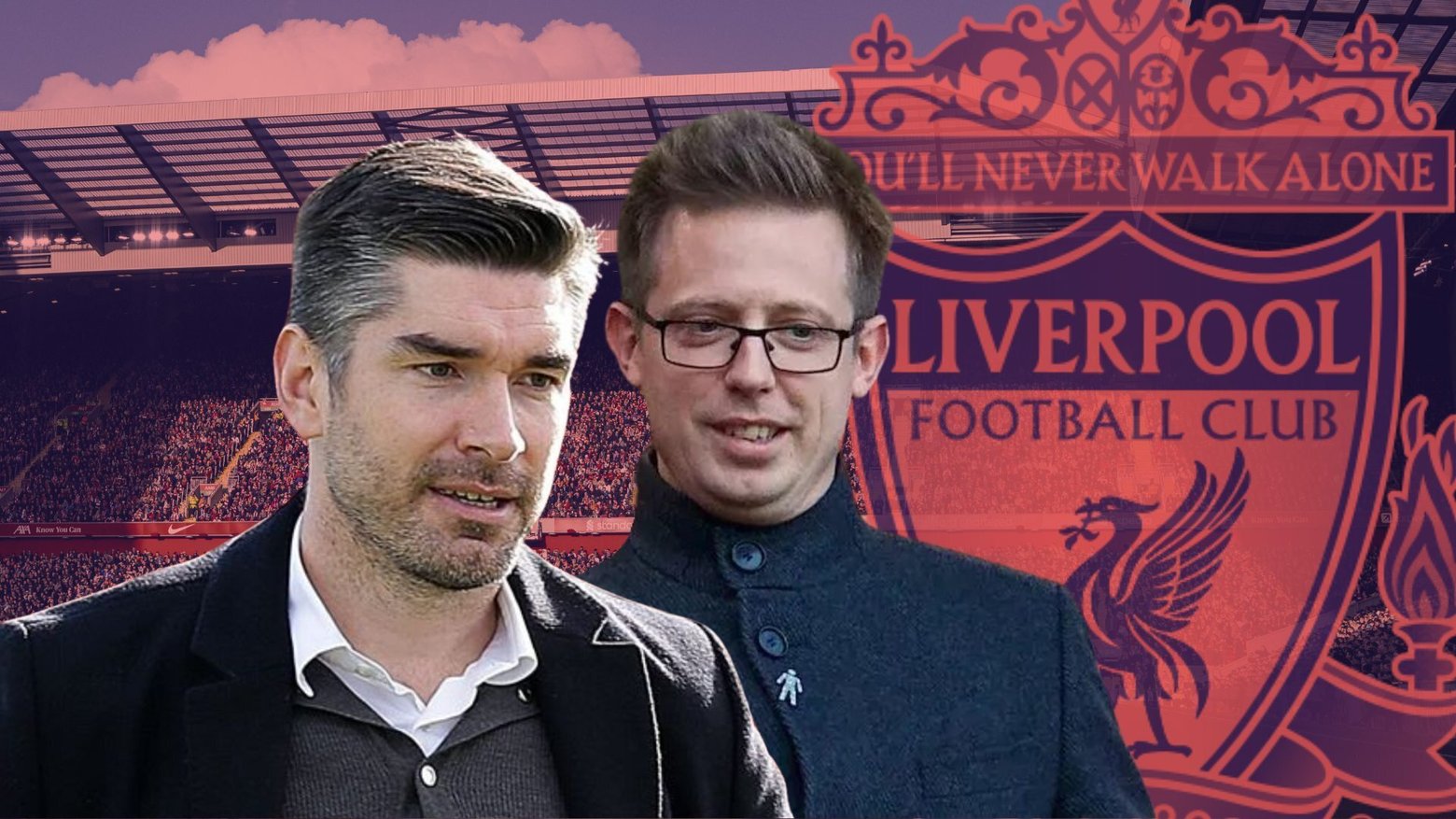Fenway Sports Group’s (FSG) devious Liverpool masterclass has been a subject of debate among fans and pundits alike. While some praise the ownership group’s shrewd business dealings, others criticize their approach as being overly focused on profits. In this article, we’ll delve into FSG’s strategy and explore why their masterclass may ultimately backfire.
FSG’s Liverpool Masterclass: A Focus on Financial Prudence
FSG’s tenure at Liverpool has been marked by a focus on financial prudence. The ownership group has implemented various measures to increase revenue, such as renegotiating sponsorship deals and expanding the club’s commercial operations. These efforts have paid off, with Liverpool’s revenue increasing significantly since FSG took over.
However, FSG’s focus on financial prudence has also led to criticism that the ownership group is prioritizing profits over on-field success. The club’s transfer policy, in particular, has been a subject of controversy. FSG’s reluctance to spend big on transfers has led to accusations that the ownership group is being overly cautious and failing to invest in the team.
The Risks of FSG’s Approach
While FSG’s financial prudence may have yielded short-term benefits, there are risks associated with this approach. One of the main concerns is that the club may miss out on top talent if they’re not willing to spend big on transfers. This could ultimately harm the team’s on-field performance and jeopardize their chances of winning major trophies.
Another risk is that FSG’s focus on profits may alienate fans. If supporters feel that the ownership group is prioritizing financial gain over the team’s success, they may become disillusioned and lose interest in the club. This could lead to decreased attendance figures, lower merchandise sales, and a decline in the club’s overall reputation.
The Backlash Against FSG
There are already signs that FSG’s approach is backfiring. Some fans have expressed frustration with the ownership group’s transfer policy, and there have been calls for FSG to invest more in the team. The club’s failure to win major trophies in recent seasons has also led to criticism that FSG’s focus on financial prudence is coming at the expense of on-field success.
Furthermore, FSG’s decision to furlough non-playing staff during the COVID-19 pandemic was widely criticized by fans and pundits alike. The move was seen as an example of the ownership group prioritizing profits over people, and it led to accusations that FSG was out of touch with the club’s values and traditions.
Conclusion
FSG’s devious Liverpool masterclass may have yielded short-term financial benefits, but it risks backfiring in the long term. The ownership group’s focus on financial prudence has led to criticism that they’re prioritizing profits over on-field success, and there are concerns that this approach may harm the team’s performance and alienate fans.
Ultimately, FSG needs to strike a better balance between financial prudence and on-field success. The ownership group must invest in the team and demonstrate a commitment to winning major trophies. If they fail to do so, they risk facing a backlash from fans and damaging the club’s reputation.






















